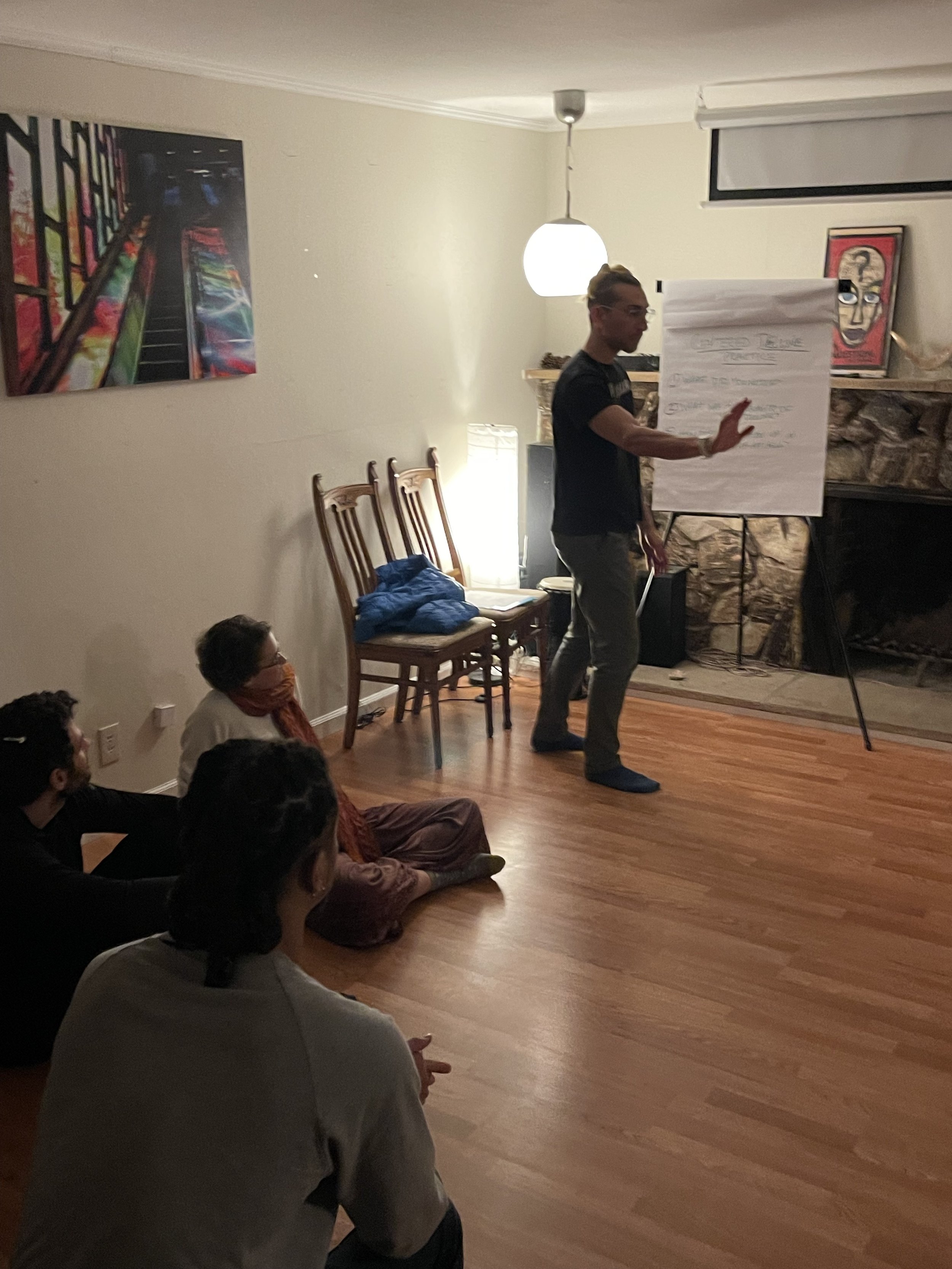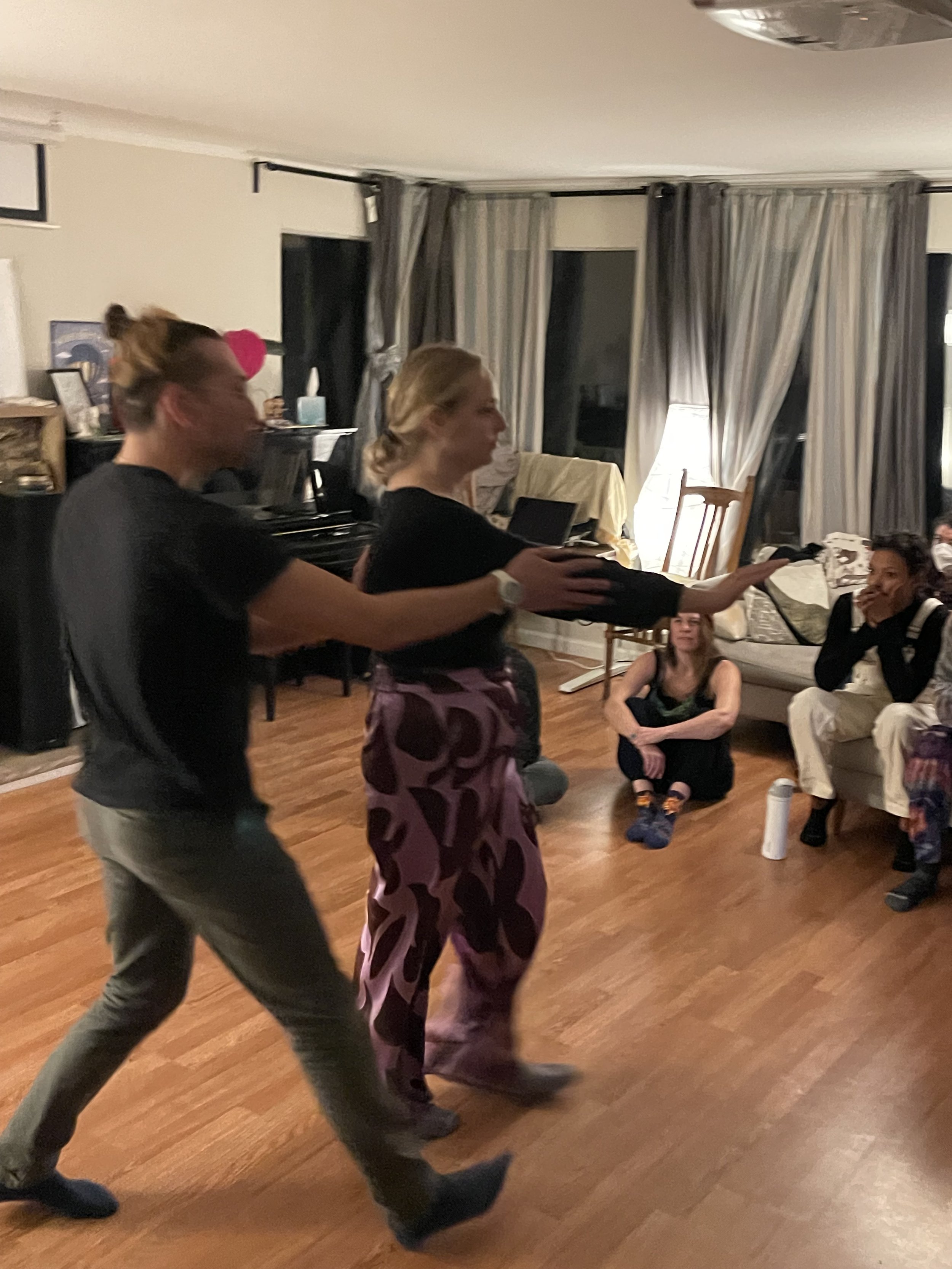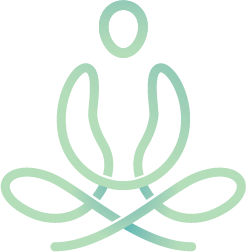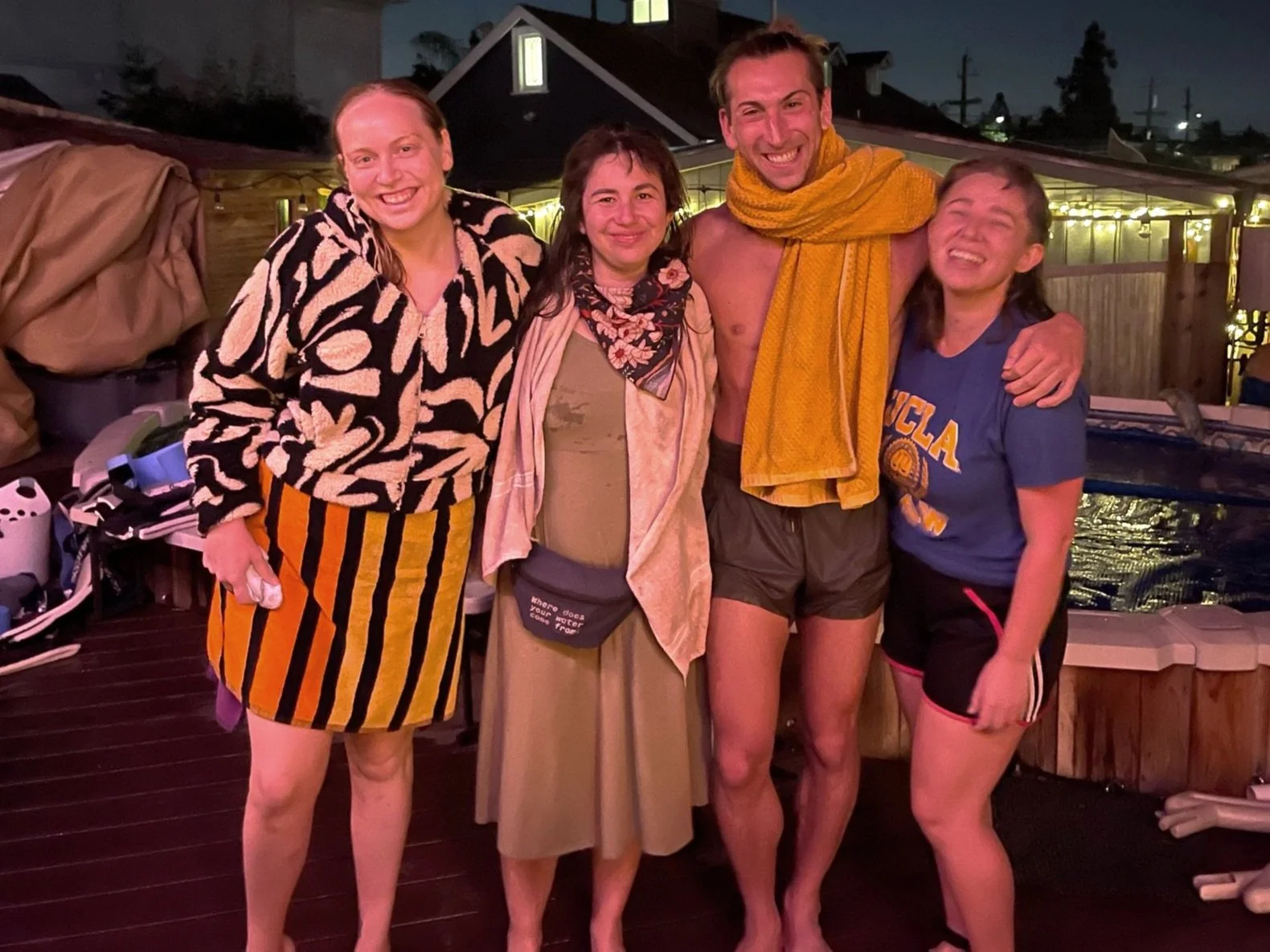
Success Stories
Coaching Case Study: getting unstuck — from chronic indecisiveness to confident boundary setting in 8 sessions
Click Below for Nathan’s Full Story:
Nathan was stuck, with looming decisions about career and relationship, until he found his boundaries, and a path to freedom.
“I do not experience that sort of distressing indecisiveness nowadays...The main thing that’s so much improved is just being aware of boundaries…knowing what it feels like to identify a boundary, to have one be pushed up against, and being able to communicate it. I say things more decisively nowadays. It feels really good!…I made a couple of important decisions towards the end of our working together. They were difficult decisions, but incredibly clear. I’m just the healthiest and happiest I’ve been in a long time."
-
Nathan, was a mid-30s senior software engineer, kind, introverted, and intelligent, who struggled with chronic indecisiveness, and was facing big choices in his career and romantic relationship.
“I just couldn’t for the life of me make a decision. And ultimately, I just ended up choosing something by default, half-directed. I kind of dipped my toes one way, and slightly turned back. It was just a mess. It didn’t feel good. It wasn’t effective. I think I was suffering from a similar kind of indecisiveness or lack of clarity in other elements of my personal life.”
His inability to make decisions left them feeling “pathetic,” frustrated, childish and helpless at times. The indecisiveness was compounded by a tendency to people-please. Nathan recognized that he was often caught in a cycle of managing others' emotions rather than asserting his own needs and desires. But he felt stuck.
“To a certain extent I couldn’t take care of myself. Nobody can make these decisions for me.”
-
During sessions, During sessions, Nathan often arrived tense, so we’d get into our bodies to get centered.
“I would frequently arrive at our sessions in a state of tension or unease. Even within the first twenty minutes, I began to feel more grounded, relaxed, and prepared to manage the challenges I was facing. I always felt like I didn’t need to hold anything back. I could always be totally myself. ”
I got familiar with Nathan’s conditioning, by eliciting his instinctive reactions to pressure, through role play. I might play his romantic partner, pushing back against his desire for alone time, because it disappointed her — and Nathan would feel the bodily sensations (like tightness in the chest), and become aware of the physical manifestations (an acquiescing tone), and the impulses (to make her feel better, regardless of his own needs).
“This role play business…allowed for some pretty poignant moments…where my response came from a pretty deep place in me, at times uncovering something to work on. And at times, I would say something, and Zach would remark, ‘the thing that you just said, that's really good, you can use that.’ There was this moment when I was seeking to be more reassuring, and I said ‘there’s room for both of us here.’ The way I said it was really heartfelt and I felt really connected to the love I felt for my partner. It really speaks to the level of comfort I had, letting myself go deeply into the role that I was playing.”
As we worked more on boundary-setting, we explored Aikido-based somatic practices, in which I might play a manager, coming towards Nathan with an outstretched arm, requesting he do some work that he had a right to refuse. Nathan would step towards me, block my arm, turn me around, and push me back the other way, saying “No,” bringing awareness to his sensations and posture as he did so. At times, I would “insist,” and push him back the other way, saying a line to make him feel guilty for declining me. We would debrief how his posture might indicate a soft boundary (like a tilted head) or how he might sometimes over-do it and say something with a snarky tone. We kept practicing, until we found a “centered extension,” a compassionate, dignified, boundary.
“Zach was not afraid to point out, you’re being a little snarky, it’s just interesting, and no judgment. He would ask if that’s what you want to impart on this interaction.”
-
After just 8 sessions, Nathan reflected on a number of practical and profound take-aways. As a note, Nathan, like many clients, also saw a therapist during this time, and felt that somatic coaching was “a great complement to my work with my therapist.”
Conveying weak boundaries: By getting familiar with his vocal intonation, his posture, and a “tentative” quality of touch when verbally or physically setting a boundary, Nathan was able to use these “somatic cues” as in-the-moment reminders to pause and make sure he was being intentional and not reactionary. With that awareness, Nathan trained to set more dignified boundaries and convey definitive “No” responses.
“We identified that the intonation with which I said “no” read more like a “maybe,” indicating that I don’t have a strong boundary around this. Developing that kind of awareness makes the space to recognize or even just ask the question. How is my current experience aligning with what I intend for myself?”
Codependency “caretaker” patterns: We refined this work by looking at Nathan’s tendency to people-please and over-extend himself, leading to resentment and burn-out, always trying to manage other people’s experience. Nathan realized that he’s not actually responsible for how his “no” is received if it’s shared with compassion. This was important for breaking long-held patterns of codependency, allowing for more authentic and connective modes of interdependence.
“I find myself over-extended, physically over my center of gravity as I am going to offer a “no” response. Zach said that it feels like you are saying “no” and you are trying to make that OK for me who is receiving the no. I think that’s turned out to be a very crucial observation. I have a responsibility to communicate that as compassionately as possible, but I am not responsible ultimately for how it is received. That was like a lightbulb.”
It’s OK to take time to answer: Nathan learned to tolerate the discomfort of disappointing someone who wanted a clear “yes” or “no,” instead speaking honestly and in a dignified way.
“One of the really useful things we practiced is saying “I need more time.” That has turned out to be such a crucial skill.”
-
These deeply felt insights turned into concrete changes in Nathan’s communication, decision-making, and level of happiness.
Identifying Boundaries: “The main thing that’s so much improved is just being aware of boundaries. Those three parts of that — knowing what it feels like to identify a boundary, to have one be pushed up against, and being able to communicate it.”
Saying “No” with The Whole Body: “I certainly do notice the difference in my tone. I say things more decisively nowadays. It feels really good!”
Breaking Codependent Caretaking: “Aligning my behavior with the boundary. Having compassion with myself to not be responsible beyond me.”
Decisiveness: “I was experiencing a lot of distress in trying to make a career-related decision and decisions related to aspects of my personal life. I do not experience that sort of distressing indecisiveness nowadays. I’ve felt greater access to groundedness and security in making significant decisions. I believe that this shift is ultimately due to my coming into greater connection with myself.”
Big life changes: Nathan finally took a major work break that he’d been putting off, and also made big changes in his romantic relationship. “I made a couple of important decisions towards the end of our working together. They were difficult decisions, but incredibly clear. It was super clear that I needed to take some time for myself, deal with some health things, just take a break, I was pretty burnt-out. Both physically and emotionally, just not where I wanted to be at. When I kind of lined up, OK, what are my values, my health, financial means,and building the life I want for myself, it just became super clear to me. It was a really important decision. I quit, and never looked back. So now I’m spending time doing a lot of things that I know and have known are good for me. I’m just the healthiest and happiest I’ve been in a long time.
Coaching Testimonials: from nasty self-talk to loving self-awareness
-
"I came to him with the faint idea that maybe my emotions are having physical manifestations in my body…Our time together has liberated me from some nasty self-talk and shame, and helped me find that quiet voice within that knows best what I need. Together, I also ended up exploring some developed tendencies I had not identified throughout years of therapy. I laughed, I cried, and I became more self-aware. What more is there to want?"
Immigation Attorney
-
“It was deeply powerful and healing for me…and helped me cultivate love and respect for myself and my body. I noticed myself becoming increasingly aware of my body, interpreting the cues my body was sending me, and my agency in my life. Zach is kind and wise, and is a humble thought partner in this work. I felt really comfortable working with him and making myself vulnerable and committed to his processes; I trust him deeply."
Entrepreneur & Creative Consultant
Coaching Case Study: from shame spiral to self-discovery & growth, after a consent violation
Click Below for Alex’s Full Story:
After a consent violation left Alex in a shame spiral, they confronted and retrained their aggressive patterning, became freer, happier, and more trusted in their relationships.
“I have a better perspective on things, and not blowing situations up in the way that I used to, especially these situations. I was able to look a part of me in the eye, my competitive nature, in a way that I never had before, and gain some control.”
-
Alex was a mid-30s, creative executive in a big city, with a passion for life — an artist, activist, and very social. But sometimes, Alex went too far. When Alex had their initial consultation, they were lost in a deep shame spiral.
“I was in one of the darkest places I’ve ever gone to. I really needed some help.”
Alex had just gotten feedback from a partner that they had felt violated and triggered them in their last hook up.
“I didn’t realize that I had done anything wrong until we spoke weeks later, and then it totally shattered my sense of self, what I stand for. It just ruined me. Beyond worrying about my reputation, it made me afraid that I didn’t know who I was.”
-
While Alex was very introspective, they were confused at “how they had fucked up so bad,” and we found meaningful clarity by tuning into their body.
“As a person who lives more in their head, I was very much at the end of my rope, and my ability to help myself. Zach pulled me out.”
This included:
Role-playing: Exploring Alex’ bodily reactions in the moment they “fucked up”
Sensory awareness: Attending to the sensations and impulses that arose “in the moment”
Personal history: Exploring where this tendency to cross a line came from in their past
Identifying triggers: Identifying that a sense of competition is a trigger for this type of behavior for them
Integration: Speaking compassionately to the part of them that learned to “win” as a survival strategy
Somatic retraining: Retraining their body to be assertive in a balanced, intentional way using somatic practices
“I didn't realize how well this was going to work. That actually tapping into the body’s wisdom can lead to this whole other side of healing. The over-extension, under-extension, balanced extension stuff was fucking revolutionary. Having archetypes that I could name and embody physically made them so much more manageable. It works!”
-
As Alex had more reconciliation dialogues with this person, we continued to role-play conversations, while also integrating Nonviolent Communication principles. Alex practiced asking for what they needed, while empathetically honoring their partner’s needs with curiosity and openness.
“I could essentially rehearse what was going to happen, think through possible pathways for the conversation, and make sure I was actually working on healing and repairing for this person, instead of getting defensive. I determined through this process that I actually did want to be there for them, want to make this right, instead of getting defensive.”
In one instance, Alex realized they were stubbornly attached to going to a certain party because of that “competition” trigger, and were able to humbly bow out, building a lot of trust with the person they had hurt.
“As we worked together, it unlocked a lot of stuff that had happened in my childhood, that had nothing to do with this, but also made me able to inspect where these parts of me come from. Because the competitiveness turned out to be the thing that caused me to do this, which at the time felt really out of character. I was able to find out why it was in my character.”
Alex also interviewed friends, gathered data on their patterns, and found both accountability and support in sharing their growth process with their community.
“It’s amazing how much more we grow, when we really deal with the awful thing. I’m happier than I was before the horrible thing happened. I have more access to my own agency. It’s also really strengthened my friendships and community and a level of authenticity and vulnerability that I would have been afraid of.”
-
Shame is in the rearview. Alex has a felt sense of their dignity again. They gained self-compassion about their own patterning. And they broke free from that pattern by intentionally practicing more mindful responses.
“I have a better perspective on things, and not blowing situations up in the way that I used to, especially these situations. Zach took a risk and called me on my bullshit and it changed my life. I was able to look a part of me in the eye, my competitive nature, in a way that I never had before, and gain some control.”
“Working with Zach ultimately reminded me who I am. There’s a reason this happened, and why you were sort of taken by this instinct, and that’s something you can really change. Not who I am.”
Coaching Testimonials: it really works, in concrete ways, sometimes hard to get in traditional talk therapy
-
"Through our 1:1 sessions, I've learned so much about how my behavior patterns and emotions are expressed in my body, and have seen the direct, positive effect from his coaching in my life. Zach is beautifully using his gifts of deep listening, noticing, care and compassion, alongside his knowledge of somatic coaching, to create real transformation for folks like me who want more than traditional talk therapy can offer. Thank you for helping me thrive!"
Business Growth Consultant
-
"“It actually works. You should do it if you’re hurting. It changed my life. I am a happier person now as a result of having looked these issues in the face. And damn was it a deal. I didn’t realize that there were issues that my body could access more rapidly than my brain. You can actually get there a lot more effectively, not only for healing, but behavior change.”
Professor & Artist
Men’s Group Testimonials: I'm not alone, I know my path, and I’m learning to open up & ask for help.



Workshop Testimonials: I want more! It improves my life, is widely applicable, and is skillfully held.



Somatic Event Testimonials: welcoming, connective, restorative, powerful, transformative — I will be back!
Somatic Shabbat: Bringing bodymind practices into Jewish ritual dinner.
Mind-body Mikveh: A somatic take on a ritual bath, for cleansing, in community





